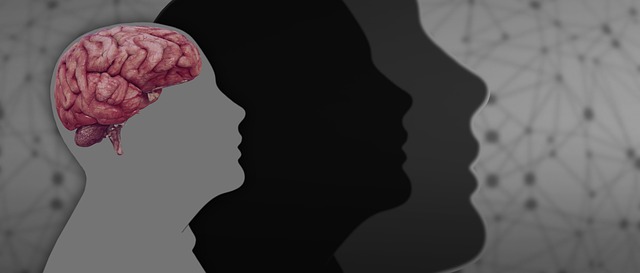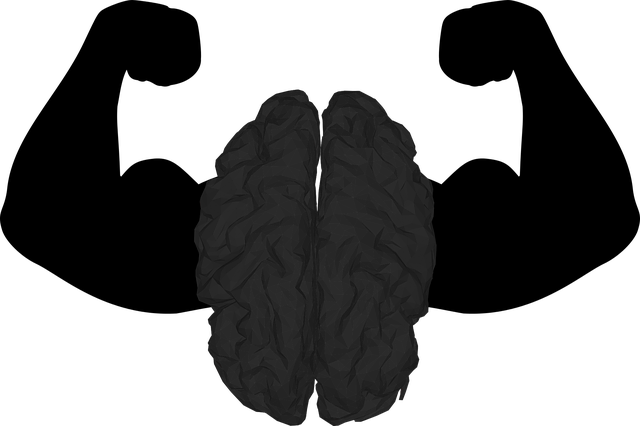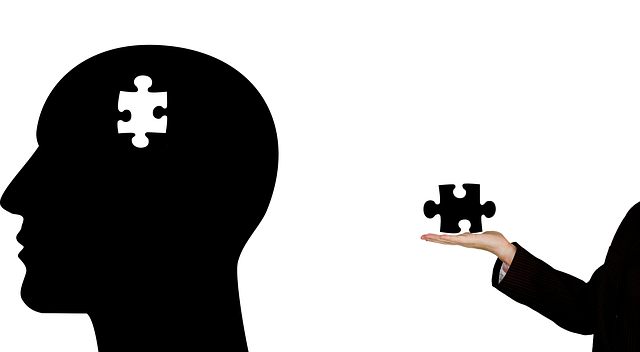Positive thinking, as enhanced by Parker Somatic Experiencing (SE) Therapy, is a powerful tool for mental well-being. SE therapy connects physical and emotional states, helping individuals process trauma, reduce anxiety, and improve mood management. By integrating optimistic practices into their work, mental health professionals can benefit both themselves and their clients, fostering resilience against burnout and improving risk management planning. These techniques, accessible through resources like podcasts, promote self-awareness and self-care, leading to a more fulfilling daily experience even when facing challenges.
Positive thinking is a powerful tool for enhancing well-being and resilience. This article explores how exercises like Parker Somatic Experiencing (PSE) therapy can transform your mindset. We delve into the benefits of positive thinking, offering a holistic approach to cultivating a resilient mindset through PSE. Learn practical strategies for integrating positive exercises into daily life, overcoming challenges, and maintaining a lasting positive outlook.
- Understanding Positive Thinking and Its Benefits
- Parker Somatic Experiencing Therapy: A Holistic Approach
- Implementing Positive Thinking Exercises in Daily Life
- Overcoming Challenges and Sustaining a Positive Mindset
Understanding Positive Thinking and Its Benefits

Positive thinking is a powerful tool that can significantly impact one’s overall well-being and mental resilience. It involves cultivating an optimistic mindset, focusing on the positive aspects of life, and interpreting challenges as opportunities for growth. This simple yet profound concept has been recognized and utilized in various therapeutic practices, such as Parker Somatic Experiencing (SE) Therapy, which emphasizes the connection between physical and emotional states. SE therapy encourages individuals to process traumatic experiences while promoting positive thinking, ultimately leading to improved mood management and enhanced coping strategies.
By adopting a positive mindset, individuals can effectively navigate life’s stressors and setbacks. Research suggests that positive thinking reduces anxiety, enhances problem-solving skills, and improves overall mental health. For mental health professionals, integrating positive thinking exercises into their practice is not only beneficial for their clients but also for their own well-being. Incorporating these practices can support healthcare provider cultural competency training by fostering a more optimistic and resilient environment, which is crucial for effective risk management planning in the mental health sector.
Parker Somatic Experiencing Therapy: A Holistic Approach

Parker Somatic Experiencing Therapy (PSET) offers a holistic approach to mental health and well-being by focusing on the deep connection between our minds, bodies, and experiences. This therapeutic technique prioritises the concept of Mind Over Matter, encouraging individuals to harness their inner strength and resilience. PSET believes that traumatic or stressful events often leave residual physical sensations and memories, which can be addressed through specific body-oriented practices.
By employing various Stress Reduction Methods, this therapy aims to help clients reprocess and release these trapped emotions and memories. This process facilitates a deeper understanding of one’s responses to challenging situations and encourages the development of a robust Self-Care Routine. PSET empowers individuals to take control of their mental health, fostering a sense of empowerment and promoting long-lasting positive changes.
Implementing Positive Thinking Exercises in Daily Life

Implementing Positive Thinking Exercises in Daily Life involves a conscious shift towards embracing optimism and gratitude. This process starts with acknowledging negative thoughts and replacing them with more positive and realistic ones. Techniques like those found in Parker Somatic Experiencing Therapy (SE) can be incredibly effective. SE focuses on body-mind connection, teaching individuals to release traumatic stress while cultivating a sense of safety and calmness.
Incorporating these exercises into your routine, whether through a Mental Wellness Podcast Series Production or Self-Awareness Exercises, can significantly enhance your overall mental wellness. Regular practice not only boosts self-esteem but also empowers you to navigate life’s challenges with resilience. Self-esteem improvement is a by-product of this consistent effort, leading to a more fulfilling and positive daily experience.
Overcoming Challenges and Sustaining a Positive Mindset

Overcoming challenges is a pivotal aspect of fostering a positive mindset, especially for mental health professionals who often face intense and stressful situations. Parker Somatic Experiencing Therapy (SE) offers a powerful tool to navigate these challenges. SE encourages individuals to connect with their bodies’ natural response to stress, helping them release held tensions and emotions. This process enables healthcare providers to manage burnout, a prevalent issue in the industry, by fostering resilience and emotional regulation.
By integrating SE techniques into their practice, mental health professionals can enhance self-care and improve their ability to support others. It empowers them to develop effective coping mechanisms, ensuring they remain focused and present in their work. Moreover, Public Awareness Campaigns Development and Risk Management Planning for Mental Health Professionals can benefit from these practices, promoting a culture of well-being and fostering a positive environment that sustains a bright outlook even amidst challenges.
Positive thinking exercises, such as those incorporated into Parker Somatic Experiencing Therapy, offer a holistic approach to transforming one’s mindset. By consistently applying these techniques in daily life, individuals can overcome challenges and cultivate a lasting positive outlook. This journey towards mental resilience is achievable through dedicated practice and a commitment to embracing optimism.














